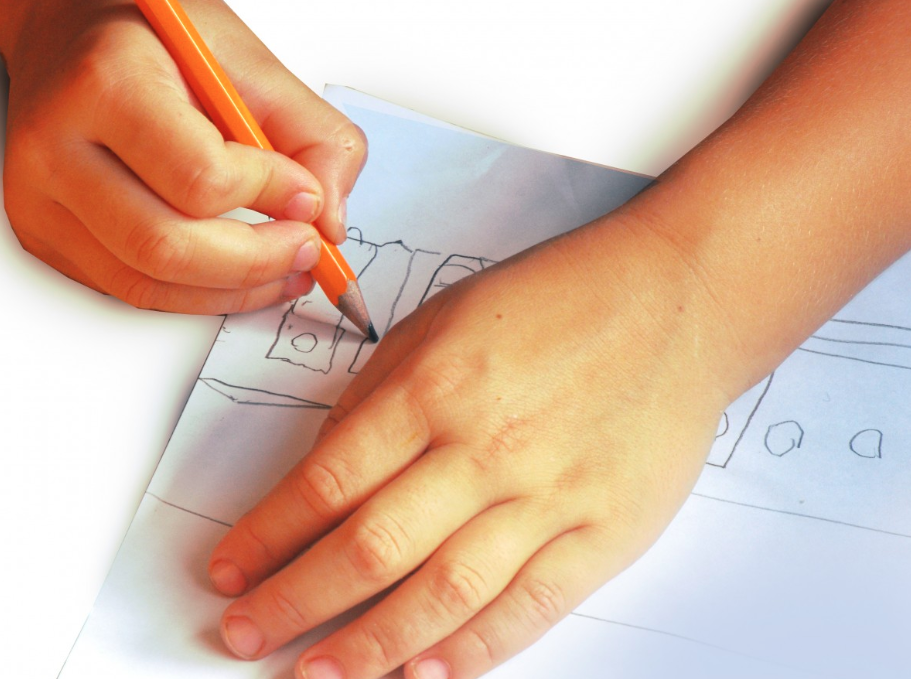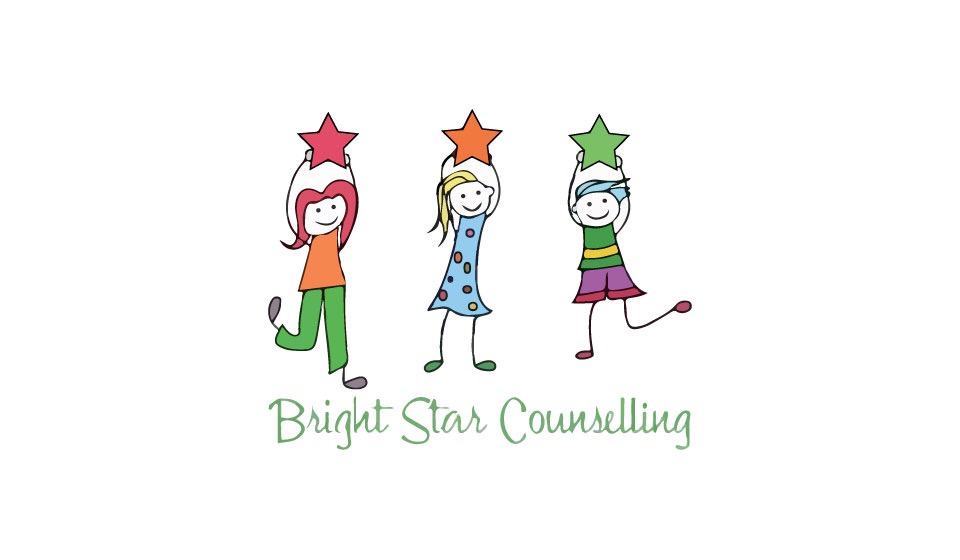Every parent wants their child to be happy. Happy children fill our anxious parenting hearts with the belief that there must be something that we are doing right. But, what happens when you have a child that, despite your constant glass half full speech, does not seem happy? What we know, and I know as a child therapist, is that happiness can be learned. For some children, happiness is like a muscle that needs to be exercised in order to carry the weight of life’s stresses.
I see many children in our clinic that seem to be permanent residents in the world of what’s wrong. They quickly feel defeated, slighted and perceive the world as working against them. They struggle to see a world that can be also positive, and changeable. Their all or nothing thinking leads to a world view of things being permanently not in their favor and therefore see little point in entertaining an alternate outcome.
This way of thinking does not necessarily earn a child a label of depression, but some children can be “depressives in training.” Over time, normal life failures and disappointments are used as evidence to support their view of life as being unfair and unchangeable - a perfect breeding ground for hopelessness, which is a hallmark of clinical depression.
 There is a difference of course between a passing sense of sadness and chronic, long term low mood and sense of helplessness. A child with clinical depression will have daily episodes of sadness,and lack of energy and interest, and may have difficulty sleeping. It is common to see struggles at school, and a general lack of joy in any activity- its is pervasive and quickly returns after a child is distracted. In younger children, depression can be masked as acting out behavior, anger and irritability. Severe depression can also include thoughts of suicide.
There is a difference of course between a passing sense of sadness and chronic, long term low mood and sense of helplessness. A child with clinical depression will have daily episodes of sadness,and lack of energy and interest, and may have difficulty sleeping. It is common to see struggles at school, and a general lack of joy in any activity- its is pervasive and quickly returns after a child is distracted. In younger children, depression can be masked as acting out behavior, anger and irritability. Severe depression can also include thoughts of suicide.
Children do not realize that there is something that can be done to change the way they feel. Without life experiences and context, children assume this is the way it is. I relish the look in my young client's eyes when I explain how their brain works, and how together we can work on helping them feel better - their sense of surprise and relief always marks the first step in our journey together. Talking openly about their big feelings removes the blanket of shame, confusion and frustration that many families come to the clinic with on their first visit.
Underlying depression and anxiety, is a chronic inability to be flexible. Being able to see the positive with the negative requires a child to have flexible thinking. For these kids, flexible thinking is a skill that needs to be learned and practiced. Flexible thinking games teach children to go back and forth between positive and negative scenarios.
-
Try a simple game of ‘fortunately and unfortunately” - pick a pretend scenario and each of you take turns beginning the sentence with either ‘unfortunately’ and ‘fortunately’. Or try making a Jar of Flexibility: each time someone is flexible, such as wearing their red shoes when they can’t find their blue ones, a token is earned. See how many flexibility tokens each family member can earn in a week!
-
Instead of engaging with the content of negative talk, focus on ‘who’s talking.” Identifying the negative chatter as Mr. Negative, or Ms. Party Pooper gives the child some distance from the negativity trap and puts the child back into the seat of power.
-
Parents are powerful agents of change. Modeling positive self talk, like “ I really didn’t do well on my presentation today, but I think I know now what changes to make for the next one,” shows children how positive self talk works. Saying, “my mistake.. “oops, I goofed, “ ah! Sorry about that,” models to children that things don’t always go as expected, and that is ok.
Children who are working on overcoming a negatively tuned mind are heroic, strong and accomplishing an important neurological climb up a very steep mountain. Research supports that specific action can be taken to help children keep a firm grasp on a fully functioning, joyful life.
Sonja Latifpour MSW, is a registered social worker, and owner of Bright Star Counselling - a clinic specialized in treating children and their families.
For more information, please visit www.brightstarcounselling.com








